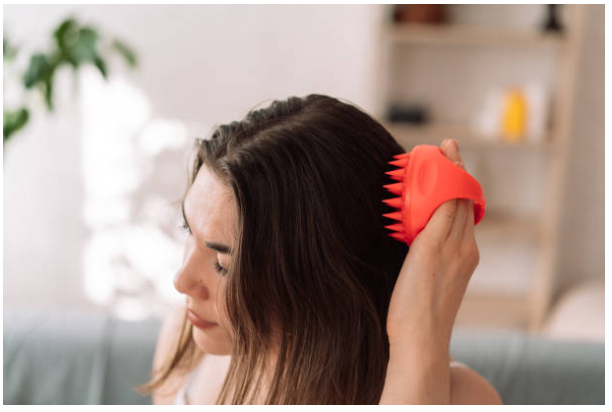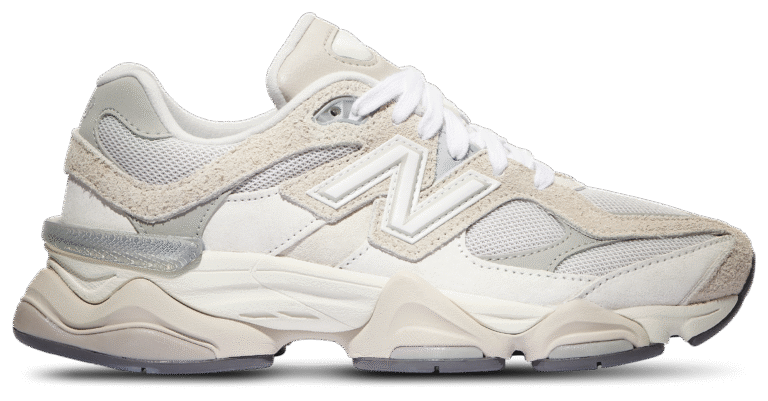
https://helloseen.com/products/seen-scalp-massager
Individuals often explore a range of techniques and tools to destress and improve their overall well-being, including achieving better quality sleep. A much-favored instrument that has been long acknowledged for soothing headaches and reducing strain is the head massager. However, its potential in promoting good night’s rest has lately piqued interest among people.
This article delves into the potential advantages of incorporating head massagers as a means to improve the quality of sleep. In addition, we investigate the underlying principles that could lend credibility to these claims.
Understanding the Relationship Between Massage and Sleep
Before examining the specific impact of head massagers on sleep, it is essential to comprehend the broader correlation between massage therapy and rest quality. The advantages of this practice have been widely recognized for its ability to induce relaxation, alleviate stress levels, and improve general health. Massage prompts the release of endorphins – chemicals that generate positive feelings – while decreasing cortisol levels known as “stress hormones.” These physiological changes are responsible for producing these benefits during a session in regards to promoting better mental wellness overall.
Massage therapy has been linked to alterations in multiple sleep-related factors, such as prolonged duration of sleep, enhanced quality of sleep and reduced indications of insomnia. By easing muscle tension and promoting relaxation, massage treatments can create an optimal physiological and psychological state for sleeping purposes.
Head Massagers: A Unique Approach
A particular type of massage tool called a head massager targets the scalp, neck, and head areas. Head massagers target specific areas linked to stress and tension, in contrast to typical massages that work the entire body. Usually, the tool is made up of flexible prongs or nodes that simulate the feeling of fingers rubbing the scalp, which produces a calming and enjoyable effect.
Even though the research on head massagers and their impact on sleep quality is relatively new, some studies have yielded promising results. Although there is some evidence indicating that practices such as head massages may promote relaxation, reduce stress levels, and enhance the quality of sleep, it is imperative to recognize the restricted breadth of current inquiries and underline the urgency for more comprehensive studies in this domain.
The Physiology of Head Massage and Sleep
The physiological processes involved in head massages should be taken into consideration in order to comprehend how they could affect sleep. By stimulating the nerve terminals in the scalp, head massage treatments release endorphins and encourage a feeling of overall relaxation.
Furthermore, the little pressure that is applied during the process in areas that include the neck and shoulders help alleviate stress. These areas are the exact spots where stress is accumulated, and where it can benefit immensely from calmness that is brought about by relaxation.
Find your SEEN head massager online for a soothing experience. Enjoy a soothing relaxation as the SEEN head massager gently massages your scalp, inducing relaxation and potentially improving sleep. Upgrade your bedtime ritual with this device for an exceptional night’s rest.
Practical Considerations and Recommendations
Integrating head massagers into a bedtime regimen can feasibly boost relaxation and potentially enhance sleep quality. Nevertheless, it is crucial to utilize these devices realistically as they supplement the aspects of one’s sleep routine.
To fully maximize its benefits, experts suggest incorporating head massages into an overall sleep strategy that also includes evidence-based practices such as observing a consistent sleep schedule, setting up a cozy sleeping environment and practicing relaxation techniques. By doing so, one can achieve more restful slumbers by taking advantage of the potential advantages brought about by using head massagers.
Conclusion
To summarize, current research on head massagers and their influence on sleep is confined; nonetheless, there is a developing fascination with their conceivable advantages. The physiological repercussions of scalp massage-endorphin secretion and muscle relaxation-indicate that it may plausibly enhance sleeping patterns. Nevertheless for confirmation regarding its effectiveness as an aid to promote good quality slumber requires further extensive assessments backed by firm evidence.g
Individuals interested in non-invasive ways to improve their sleep may find it beneficial to include head massagers in their nightly routine. As studies progress, the usefulness of head massagers as an aid towards bettering one’s sleeping experience could become more evident and provide individuals with a distinctively soothing technique that contributes towards overall wellness.






